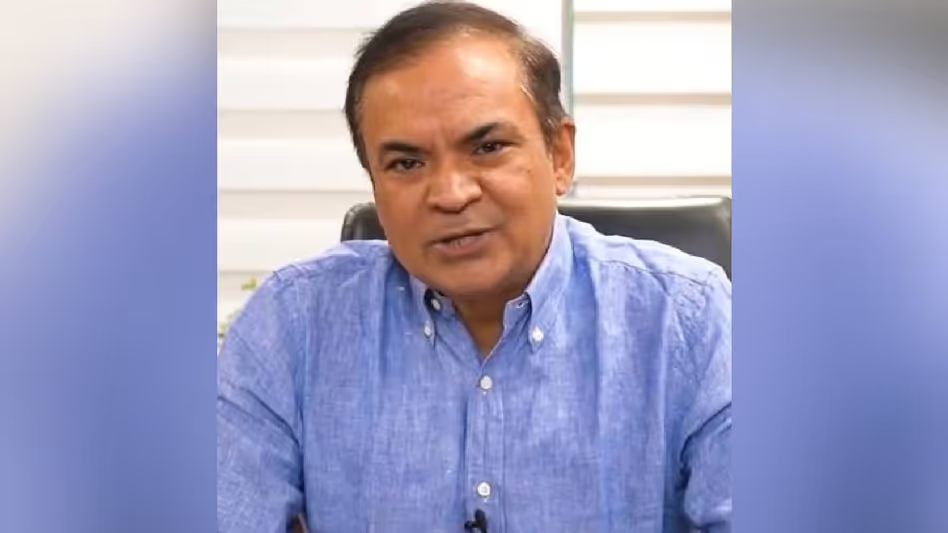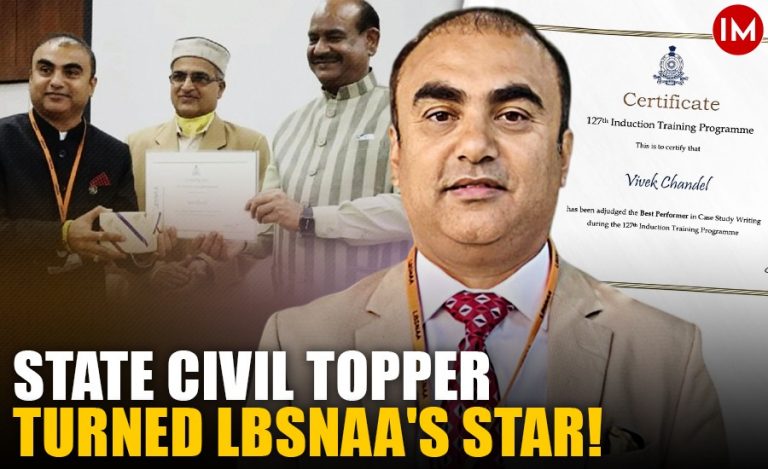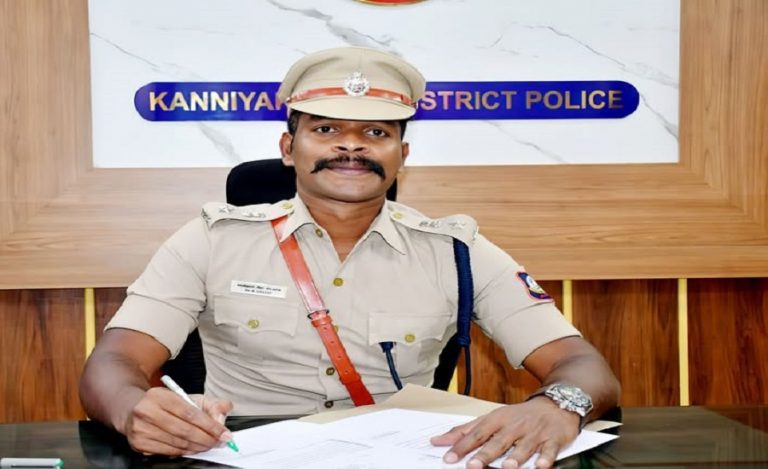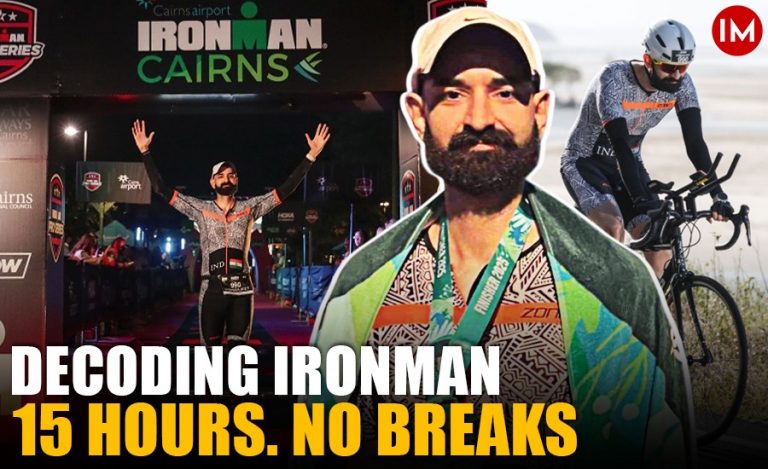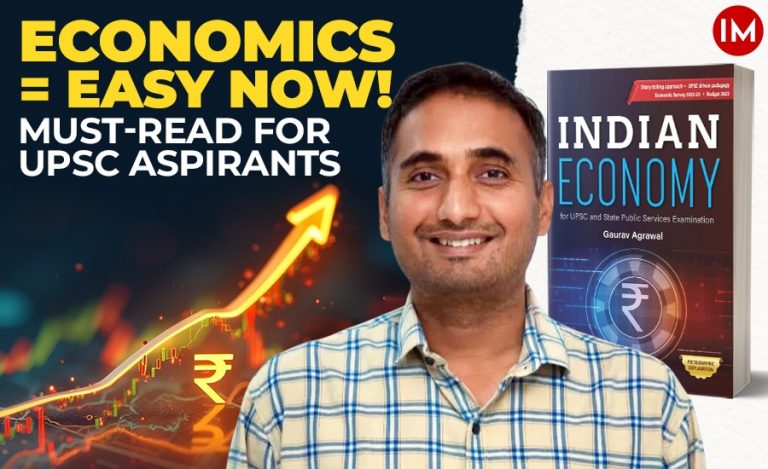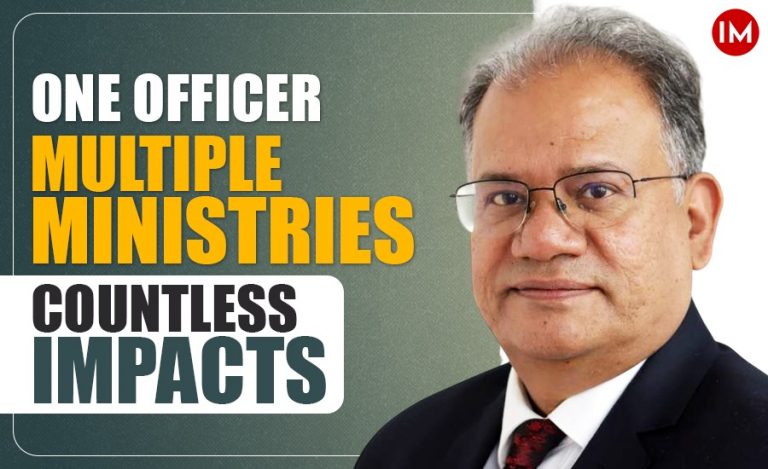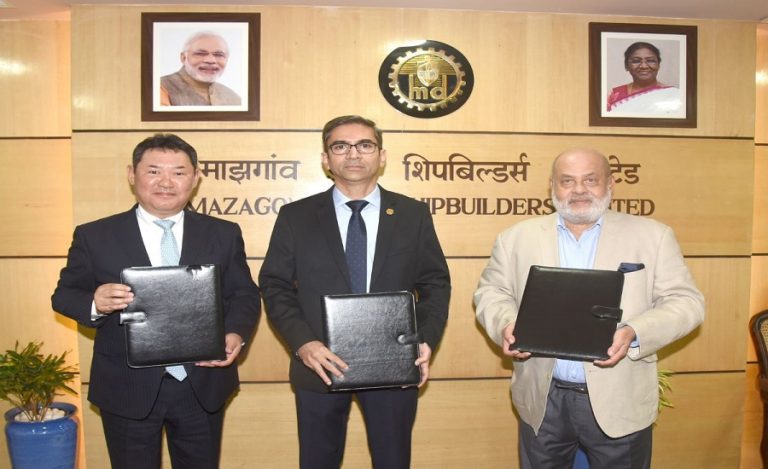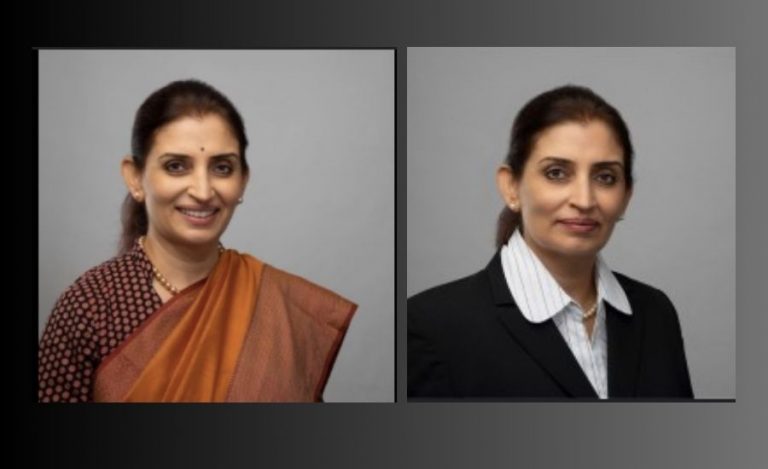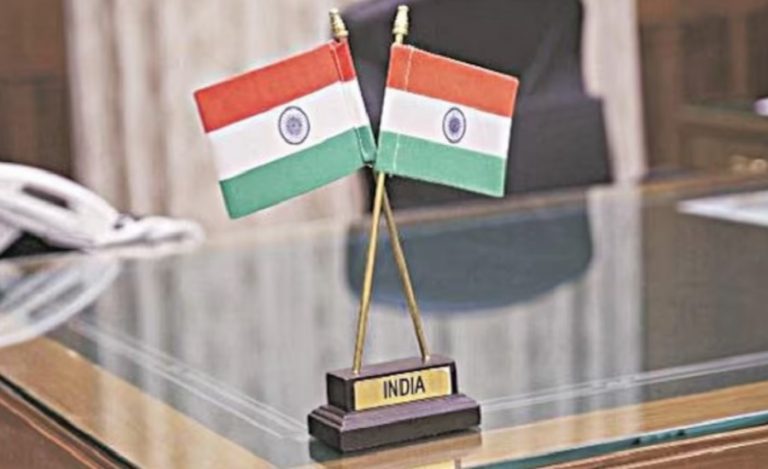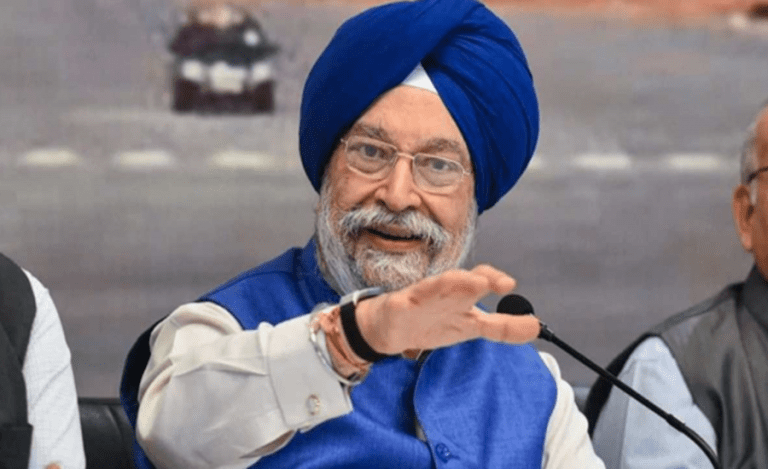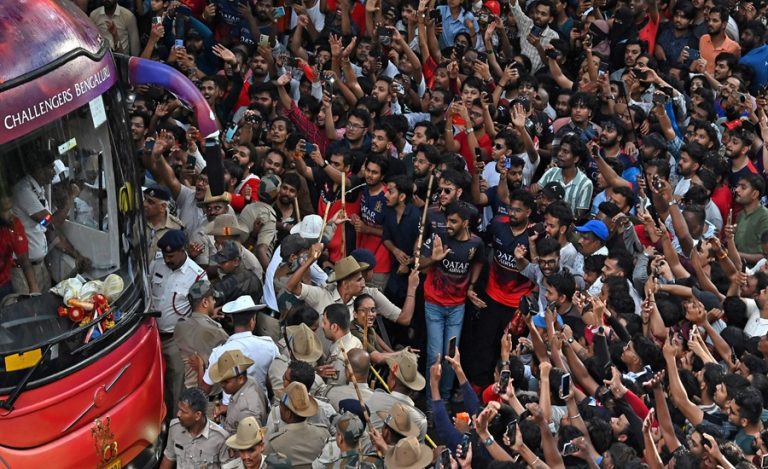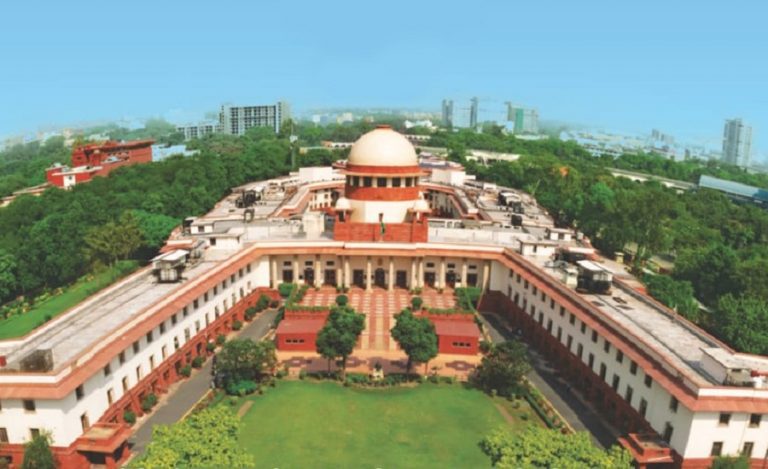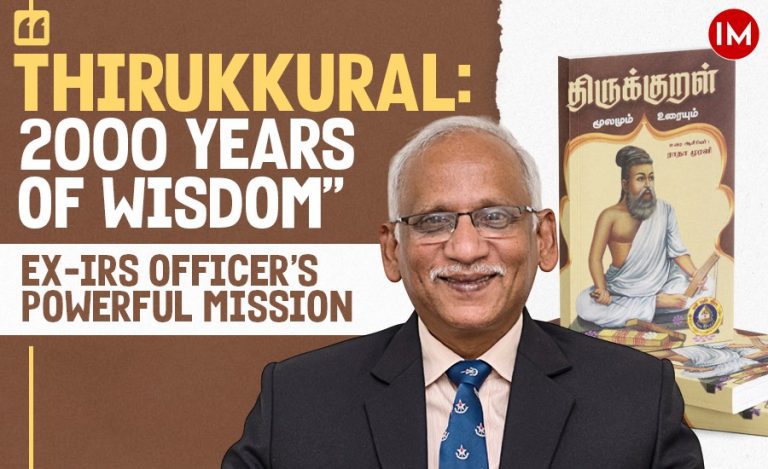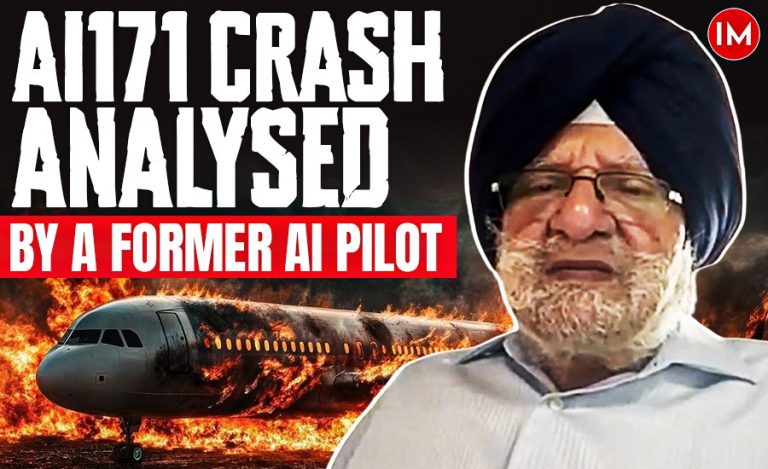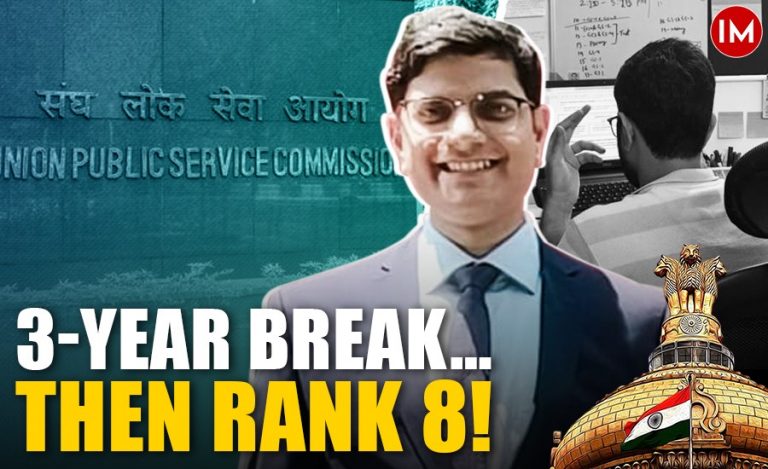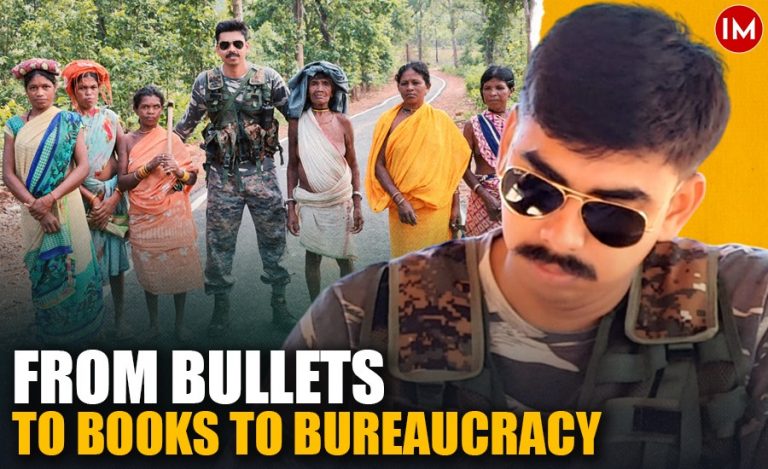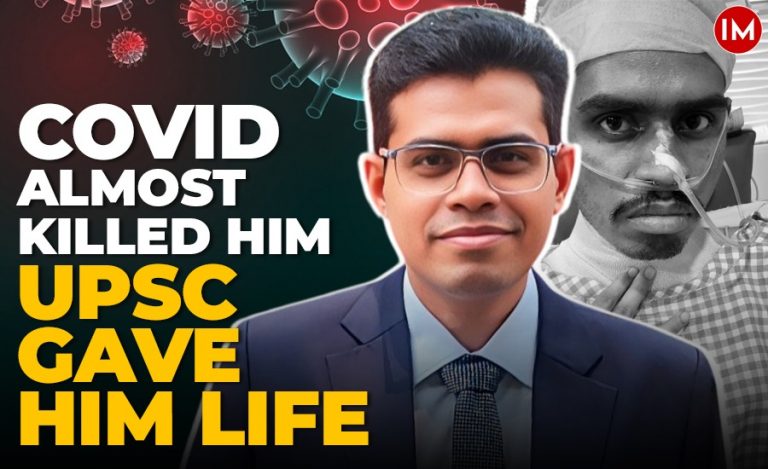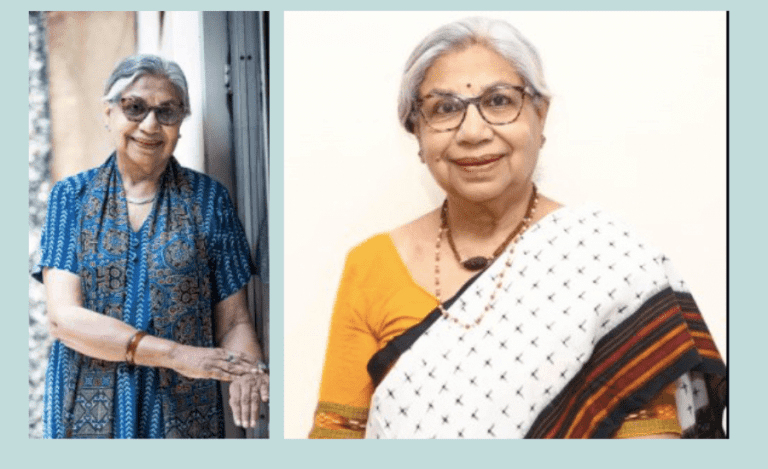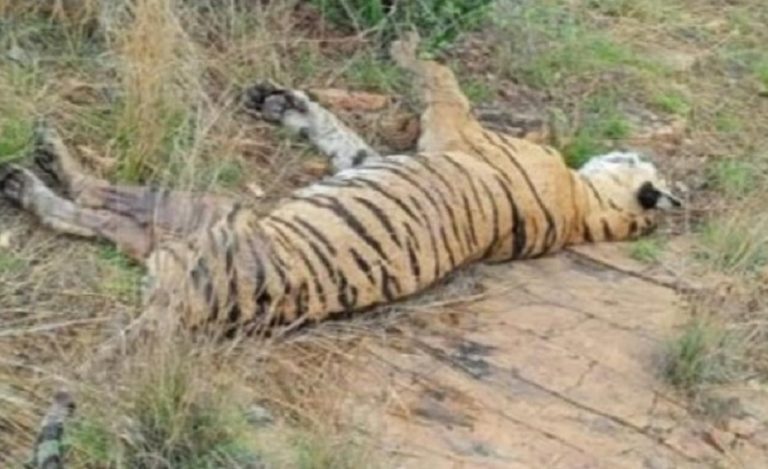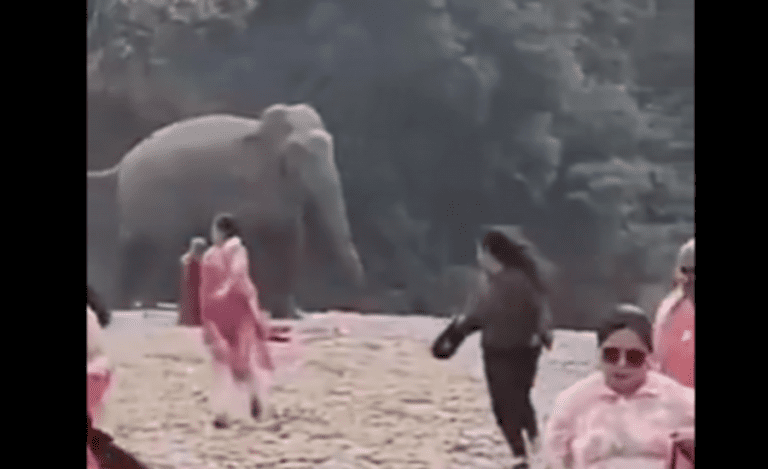When a retired bureaucrat comes up with a tell-all book that calls out the corruption at high places, it promises to be an interesting read. At the same time, it naturally arouses the curiosity of the public and the powerful alike, about the contents and what they will reveal.
All through their career, civil servants work closely with public representatives, including Chief Ministers and their cabinet members. Knowingly and unknowingly, they become aware of various internal matters and the deep-rooted corruption in the system. However, even after retirement, very few have the guts to actually write about the same, be it as a memoir or otherwise.
Hence, Mr. V Balasubramanian’s Fall From Grace: Memoir of a Rebel IAS officer deserves accolades for this reason. As the name of the book suggests, the retired IAS officer of 1965 batch and Karnataka cadre was a known rebel of his time and his rebellious streak is still evident in his writings, as he takes the readers through his brushes with corruption in politics, bureaucracy, and even the judiciary.
REVEALING HIDDEN TRUTHS
In an exclusive conversation with Indian Masterminds, Mr. Balasubramanian shares some excerpts from his book that speak about his experiences of working under several Chief Ministers of the state.
V Balasubramanian retired as the Additional Chief Secretary to the Government of Karnataka. During his service of 35 years, he was also the Chief Adviser to the Joint Legislature Committee on Land Encroachment (Ramaswamy Committee) and the Chairman of the Task Force for Recovery of Encroached Government Land. He worked under various CMs of Karnataka, including Veerendra Patil, Devaraj Urs, Gundu Rao, H.D. Deve Gowda and Ramakrishna Hegde.
In the book, which is spread over 407 pages, he writes about almost all of them. He said he never hesitated for a moment or harboured any doubts about writing about the CMs. “No, not at all. I felt that it is important to share our experiences with the public. Luckily, the Covid lockdowns gave me ample opportunity to write.”
NOT AFRAID TO TELL ALL
His writing is interspersed with poetry and ample quotes that make it all the more interesting. Not that the incidents he narrates are not interesting on their own! In fact, they are so candid and bare that they can easily make a lot of people uncomfortable. “I am retired, so I was not afraid to tell anything. I was not bound by any censorship. Even if some people are uncomfortable with it, at the maximum, they can put me in a jail. Even then, how many years am I going to live?” he laughingly asks.

RESPECT FOR FEW CMs
Mr. Balasubramanian has only admired few CMs in his book. Among them, Devaraj Urs is one. The two-time CM of Karnataka has been admired by the officer, with all his faults. Mr. Balasubramanian told Indian Masterminds, “I served 10 years during his tenure and was given lot of positions, including Deputy Commissioner of Shimoga and Bangalore. However, I have respect for him not for my postings, but because of the efforts he made to change the power structure of the state.”
Elaborating on it, he said that at that time, two landed-gentry communities (Vokkaliga is one) dominated the political and economic power majorly in the rural parts of Karnataka. By establishing Backward Class Commission headed by LG Havanur, Mr. Devaraj put in major efforts to bring them to the mainstream. He also gave tickets to backward classes and brought them into the legislature as MLAs.
Beside Mr. Devaraj, two other CMs – Veerendra Patil and Ramakrishna Hedge – receive appreciation. Mr. Balasubramanian describes both as fine and grounded gentlemen.
CM WITH GREAT AFFECTION FOR BUREAUCRATS
Mr. Balasubramanian had worked closely with veteran politician H.D. Deve Gowda, since the former was a PWD minister in Karnataka till he became the Prime Minister of India. During Mr. Deve Gowda’s tenure as PM, Mr. Balasubramanian was also at the Centre serving in the National Textile Corporation.
In the book, he describes Mr. Deve Gowda as a straight man when it comes to politics, and very affectionate towards bureaucrats. “He was a PWD minister during the regime of Ramakrishna Hegde and was so upfront. He could take any file directly to the CM and tell him if he likes it or not.”
To show his stand for bureaucrats, Mr. Balasubramanian has mentioned the episode of J. Vasudevan (also a bureaucrat) who was found guilty of contempt and was given one year imprisonment by the Supreme Court.
“It wasn’t exactly a contempt and Mr. Gowda was so broken to see such a grounded man hounded by judiciary. At one point, he wanted him to be imprisoned in a guest house, which was possible under the law. However, the SC commissioned two High Court judges to ensure that Vasudevan was kept in jail. Mr. Gowda even wanted to refuse permission for his arrest. However, the Attorney General advised him against it, as that act would break down the constitutional machinery and his government could be dismissed. See, there were so many reasons and incidents to believe that he had a soft heart for bureaucrats.”
(The book is not only about the Chief Ministers. The author also shares his personal experiences, where he had to face consequences because of his rebellion. We will highlight those sections and more in the second part.)


